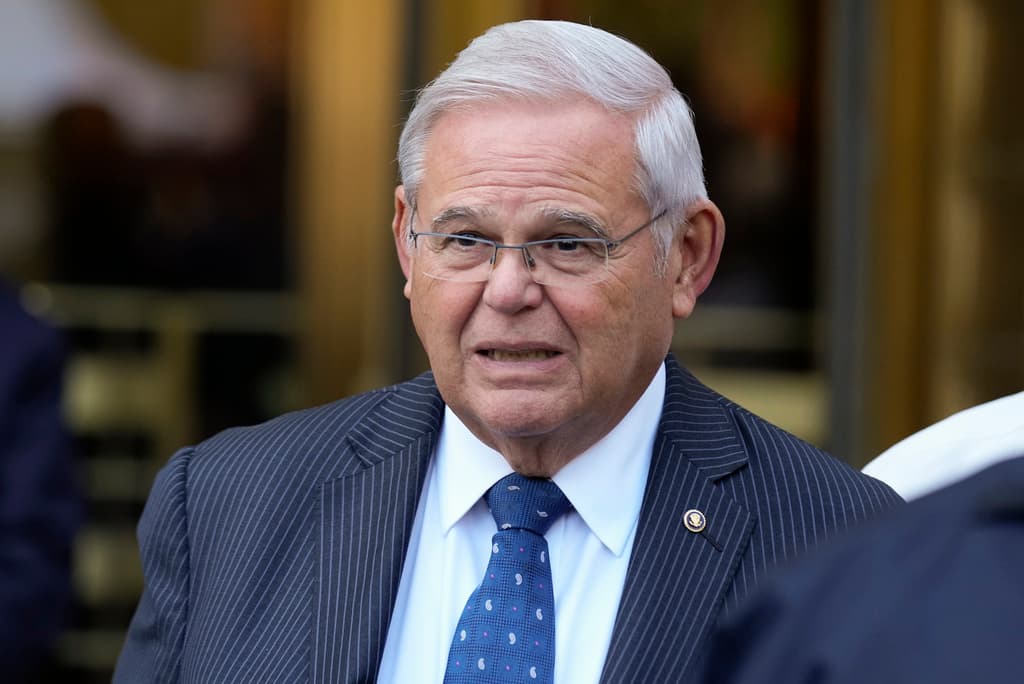Prosecutors’ Admission That Jurors in Menendez Trial Saw Improper Evidence During Deliberations Could Help His Appeal
The chairman of the Senate Foreign Relations Committee was found guilty on 16 felony charges.

Prosecutors are admitting jurors in the bribery trial of Senator Menendez were able to view evidence they were not supposed to see during deliberations before they found him guilty. The disclosure could help his effort to get the charges thrown out on the grounds that the government showed jurors evidence it should not have during the trial.
The chairman of the Senate Foreign Relations Committee, Menendez, was found guilty on 16 felony charges involving a scheme that two foreign governments and three New Jersey-based businessmen.
A login link has been sent to
Enter your email to read this article.
Get 2 free articles when you subscribe.

